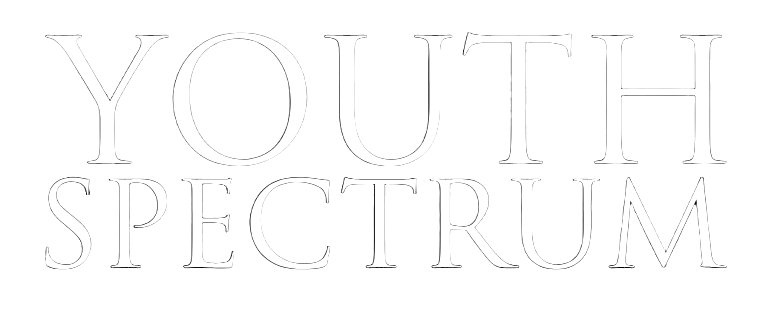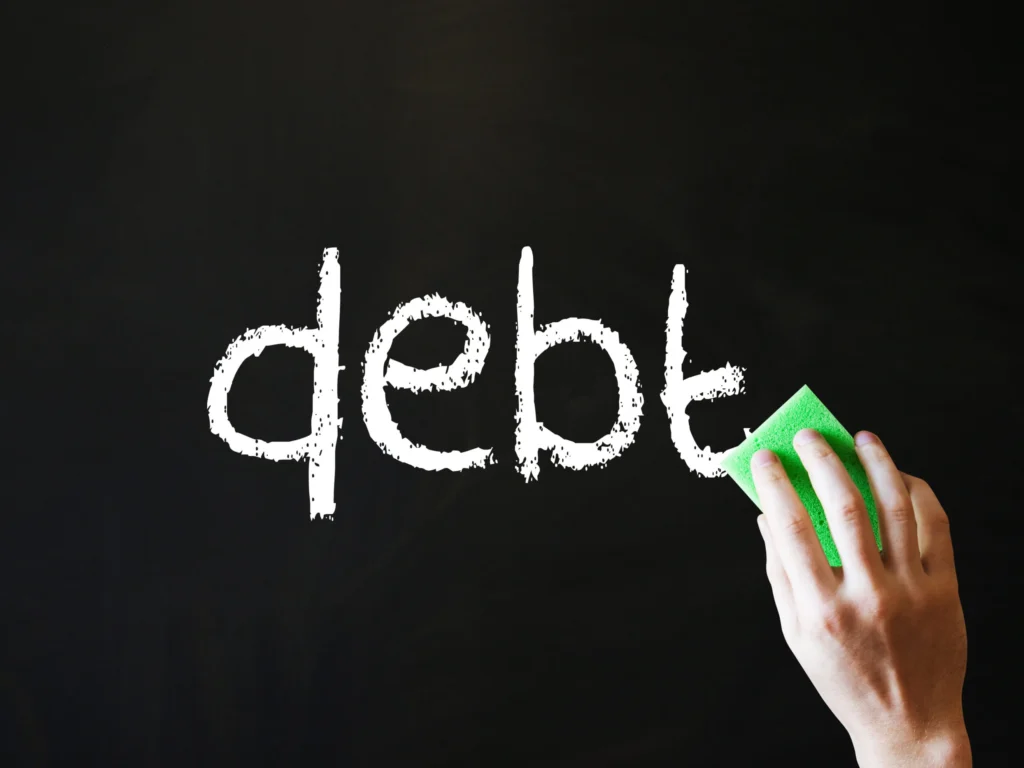Introduction
Debt can feel like a dark cloud hanging over you. Student loans, credit card bills, or that car payment can stack up fast, stressing you out. But here’s the deal: you can crush your debt and take control. This guide is loaded with simple, real-world tips—like the debt snowball method and consolidation—to help you get debt-free. Whether you’re starting your first job or dreaming of financial peace, these steps will get you there.
Know What You Owe
Start by facing your debt head-on. Debt is just money you borrowed and need to pay back, usually with interest. For young adults, it’s often:
- Student Loans: Big balances, but lower rates (4-7%). Average debt? About $30,000.
- Credit Cards: High rates (20%+) that grow fast if ignored.
- Personal Loans: Rates vary based on your credit.
Secured debt (like car loans) is tied to an asset, so defaulting could mean losing it. Unsecured debt (like credit cards) has no collateral but higher rates. Knowing this helps you pick what to tackle first.
Why It Matters
High-interest debts, like credit cards, cost you more over time. Plus, debt can mess with your credit score, making apartments or mortgages pricier. List every debt—balance, rate, minimum payment—in a notebook or app to plan your attack.
Build a Budget You’ll Stick To
A budget is your roadmap to debt freedom. It shows where your money’s going and helps you find extra cash to pay off debt. Here’s how:
- Track Income: Add up your paycheck or side gigs.
- List Expenses: Split into fixed (rent, bills) and variable (snacks, streaming).
- Focus on Debt: Pay more than the minimum on your target debt.
- Check Monthly: Tweak it to stay on track.
A budget puts you in the driver’s seat. Use free apps or worksheets from Consumer.gov to keep it simple.
Ways to Crush Your Debt
You’ve got options to wipe out debt. Pick one that vibes with your goals—quick wins or saving cash.
1. Debt Snowball
- How It Works: List debts smallest to biggest. Pay minimums on all but the smallest, which you hit hard. Once it’s gone, roll that payment to the next.
- Why It’s Great: Small wins keep you pumped (Debt Snowball FAQs).
- Downside: You might pay more interest on bigger debts.
2. Debt Avalanche
- How It Works: List debts by interest rate, highest to lowest. Pay minimums on all but the highest-rate debt, which you hammer. Move to the next when it’s done.
- Why It’s Great: Saves you cash by cutting interest.
- Downside: Can feel slow if high-rate debts are big.
3. Debt Consolidation
- How It Works: Combine debts into one loan with a lower rate. You make one payment instead of many (Debt Consolidation Info).
- Why It’s Great: Simplifies life, might lower payments.
- Downside: Fees or needing good credit can be hurdles.
Debt Payoff Options Compared
| Method | Best For | Pros | Cons |
| Debt Snowball | Quick wins, motivation | Fast progress, easy plan | Higher interest costs possible |
| Debt Avalanche | Saving money | Cuts interest paid | Slower to see results |
| Debt Consolidation | Simpler payments | One payment, lower rates | Fees, credit requirements |
Avoid These Debt Traps
Don’t slow yourself down with these mistakes:
- Minimum Payments Only: You’ll pay forever and rack up interest.
- No Budget: Spending blindly makes debt harder to tackle.
- Ignoring High Rates: Low-rate debts can wait; high-rate ones can’t.
- New Debt: Don’t charge more while paying off old bills.
FAQs: Your Questions Answered
Got questions? Here are answers, backed by experts like Dave Ramsey and Google Scholar.
1. What’s the debt snowball method?
It’s paying off your smallest debt first while covering minimums on others. Once it’s gone, you roll that payment to the next debt. Ramsey loves it for the motivation boost—it’s like checking off a to-do list (Debt Snowball FAQs).
2. How does debt consolidation help?
Consolidation combines debts into one loan with a lower rate, so you pay less interest and have one bill. It’s simpler but won’t work if you keep spending. Check legit options via Debt.org.
3. Does paying off debt boost my credit score?
Usually, yes! It lowers your credit utilization (how much credit you’re using), which helps your score. But closing old accounts can hurt your credit history, so keep them open and active with small charges (Credit Score Tips).
Wrap-Up: You’re in Charge
Paying off debt is about taking back your life. Know your debts, stick to a budget, and pick a plan like the debt snowball or consolidation. Skip the traps, stay focused, and cheer every win. You’re not just clearing debt—you’re building a future where money doesn’t stress you out.

